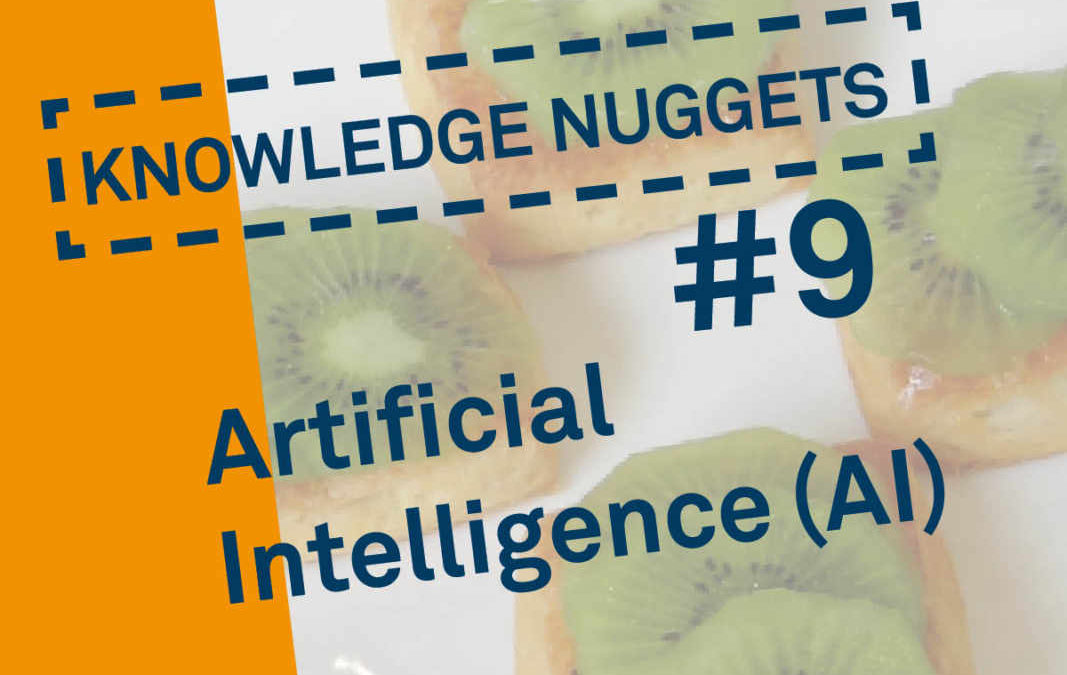“The digitization of everything and artificial intelligence in everything will change everything for everyone,” said Prof. Michael ten Hompel several years ago, and “the Silicon Economy will be the battleground of artificial intelligence.” Reason enough to include the topic in our glossary. Viewed soberly, artificial intelligence is a subfield of computer science. It focuses on the automation of intelligent behavior and thus also on machine learning. Machines, systems or computers are supposed to imitate human behavior and human decisions and solve problems independently.
Behind artificial intelligence there are often simple algorithms and programmed code, and through these they try to simulate an intelligent behavior. Although it has not yet been possible to transfer the human mind and its logic wholly to machines, forward-looking results have already been achieved in individual sub-areas.
In general, a distinction is made between strong and weak AI. Weak AI covers only partial areas of intelligence. It is mostly based on mathematical or information technology methods and is used, for example, in production lines, especially in the automotive industry. Here, robots replace human hand movements. It is particularly useful for tasks that are hazardous to health or dangerous, such as painting or welding. Weak AI, then, is already in use. Strong AI involves logical thinking, makes complex decisions independently, plans and communicates actively. In this case, there is still some research to be done.
AI improves process efficiency, provides accurate predictive models, and enables unprecedented adaptability to changing markets, which is why billions have been invested in the AI research area in recent years. In logistics in particular, AI is considered the most important growth driver and the key to competitiveness. AI forms the basis for Platform Economy of the future and must also be taken into account in the interplay with the Internet of Things and Services, with Smart Factories and an advancing digitalization as a whole.
One major obstacle is language processing, because even processing the simplest commands is a highly complex process for a machine. Research is therefore increasingly focusing on the optimization of individual processes, products, or the automation and, increasingly, the autonomization of work steps. AI is thus currently experiencing an upswing. Compared to past decades, the necessary conditions for its use are met. It needs high computing power, big data and intelligent algorithms.
For some years now, AI has no longer been just a computer science topic, but an interplay of a wide variety of disciplines, such as cognitive science, psychology, neurology, philosophy and linguistics. After all, without an understanding of how the human brain works and how language can be captured, an AI will not be able to learn from humans either. Should an AI then make decisions on its own, many ethical questions also arise.
Other Nuggets: Machine Learning | Big Data
